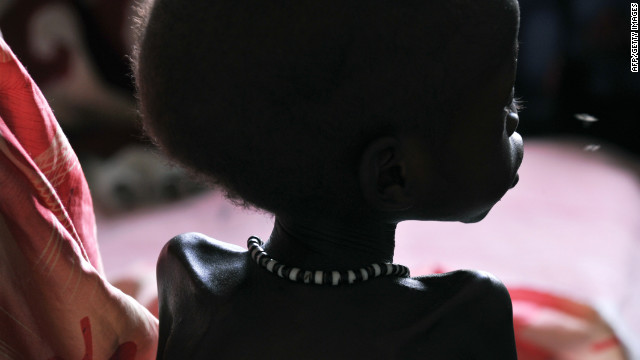By Zach Waksman
Impunity Watch Reporter, Africa
LILONGWE, Malawi – The past two days in Malawi were marked by a series of attacks on women for their choice of dress. But instead of being targeted for expose their arms and legs, they were attacked for wearing particular items. Women in this East African country’s three main cities – Lilongwe, Mzuzu, and Blantyre – were accosted and stripped of their trousers, miniskirts, and leggings. A protest is planned for Friday.
The first signs of unrest appeared on Tuesday, when Lilongwe police arrested 15 men for robbery with violence and malicious damage. Others in the capital’s market were stripped naked. Despite warnings not to wear pants in the marketplace, more undressing, all perpetrated in broad daylight, took place on Wednesday. The attackers have generally been street vendors in the cities’ marketplaces.
As a result of this behavior, women started a protest campaign entitled “Lelo N’kugule, Mawa Undivule?” Its literal meaning is “Today I buy from you, tomorrow you undress me?” According to this pact, all women have agreed not to buy anything from street vendors for over a month. The protest will also end if the perpetrators apologize. If the attacks continue, they have threatened to conduct a naked protest.
Malawi remains a very conservative country. Until 1994, when the nation shifted to democracy, women were not even allowed to wear trousers. Though restrictions on personal and political freedoms have been relaxed, some of the old beliefs remain prevalent.
“We are coming from a one-party state, and people have the traditional values which we had in the past,” Lilongwe resident Veronica Male told the BBC in 2003. “Right now it’s very difficult for girls and women to put on mini-skirts – they are booed, they are mobbed, they are assaulted.”
On Thursday, President Bingu wa Mutharika gave a national address in which he refuted accusations that he incited the attacks. He also called himself a champion of women’s rights.
“I have not sent anybody to harass women in the streets. These people do not have my permission,” he said. “Every woman and girl has the right to dress the way they wish and there is no law that restricts what they should wear.”
Vice President Joyce Banda spoke about the incidents as well. She attributes them to general anger about the country’s economic troubles, which include shortages of fuel and foreign currency.
“I have thought very seriously why all this is happening. All Malawians are in a state of hopelessness. There is so much anger, pain and frustrations. There is so much suffering that people have decided to vent their frustrations on each other. This is total chaos and worrisome for all of us, Malawians,” Banda said.
Friday’s protests are expected include a sit-in featuring women wearing trousers, mini-skirts, and leggings, which are Malawi’s latest fashion trend, with white tops, a symbol of peace. The sit-in, which will take place in Blantyre, will feature interdenominational speakers on the role and inherent value of women in society.
Seodi White, a lawyer and a leading women’s rights activist, said protesters would gather “in solidarity with the victims and to express our indignation at such barbaric treatment of mothers, wives and daughters of our country.”
“We are calling on all women and men of goodwill to urgently converge … for constructive engagement on the protection of women and the defence of their rights in a democratic Malawi,” she said.
For more information, please see:
BBC — Malawian President Backs Women in Trousers after Attacks — 19 January 2012
Daily Times — Government Spits Fire at Thugs — 19 January 2012
Malawi Voice — Breaking News: Mutharika Speaks Out on Women Attack — 19 January 2012
Nyasa Times — All Set for Women Protest against Pants Stripping — 19 January 2012
Nyasa Times — Bingu Denies Inciting Strip Attack on Women — 19 January 2012
Nyasa Times — Women Launch “Lelo N’kugule, Mawa Undivule” Campaign — 19 January 2012
Daily Times — Lilongwe Thugs Strip Women Naked — 18 January 2012
Daily Times — Police Arrest 15 Men for Undressing Women — 18 January 2012
BBC — Malawi Mulls Mini-Skirt Freedoms — 12 November 2003
